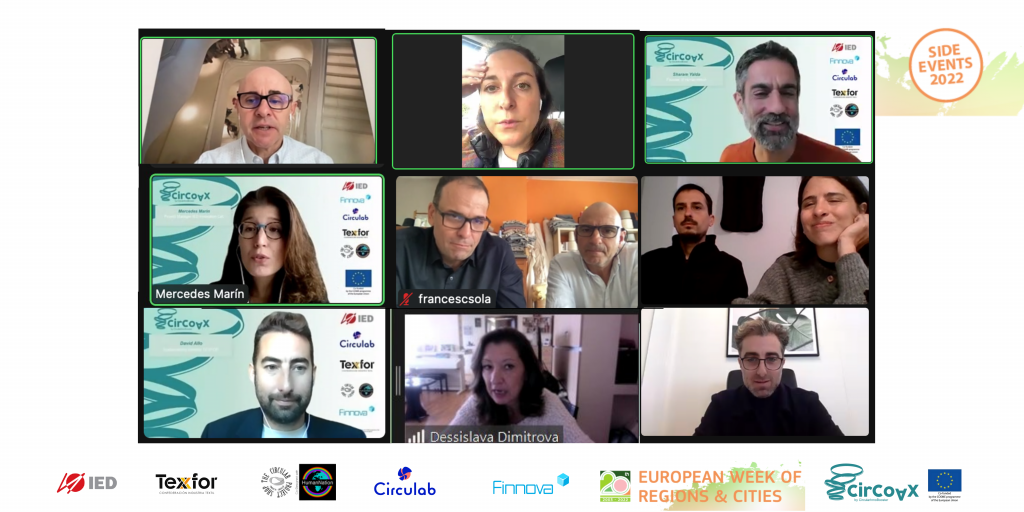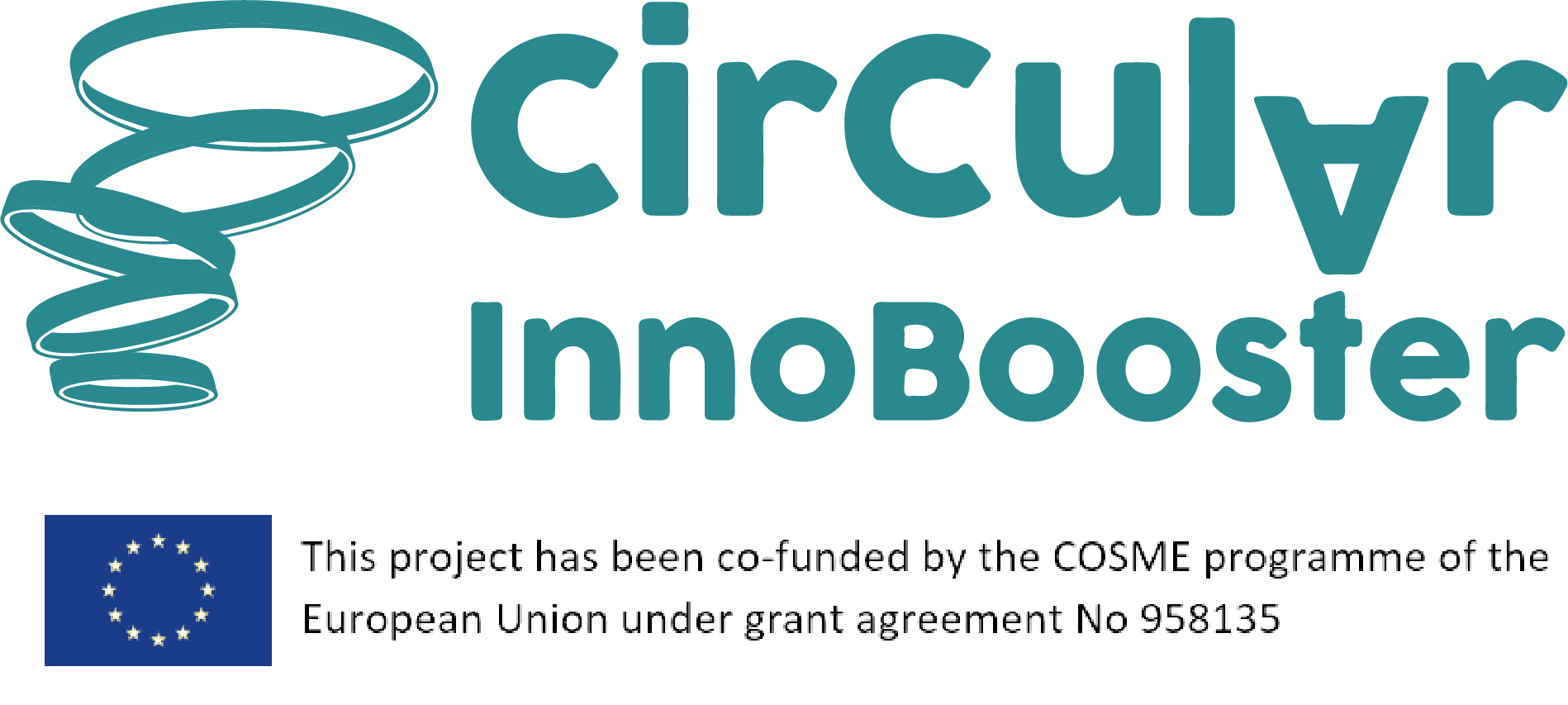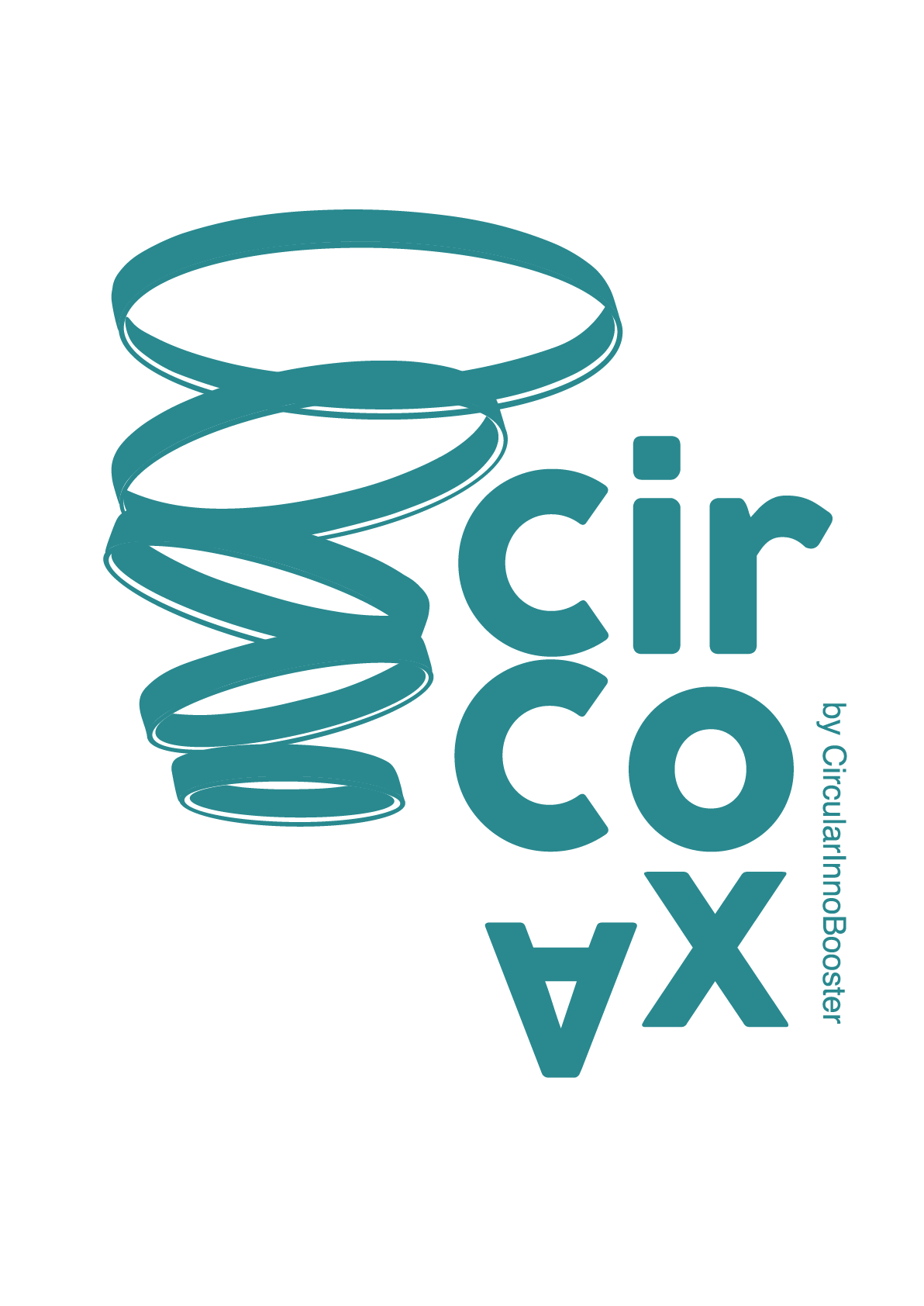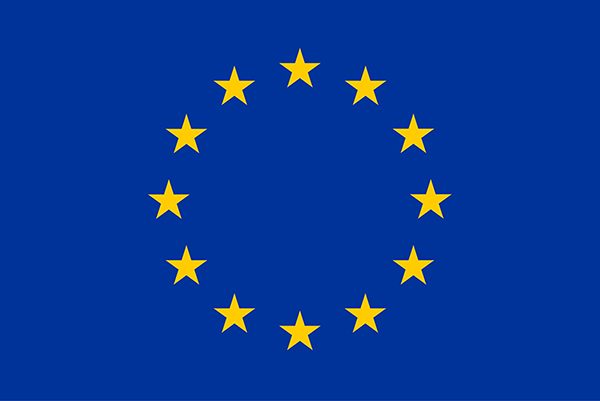
The European project CirCoAX by CircularInnoBooster participated in the European Week of Regions and Cities to discuss two key topics for the transformation of the European fashion and textile industry, relocation and degrowth. During the day “#CirCoAX30: Changemakers for Regenerative Textiles”, five of the entities accelerated by the CirCoAX programme from different regions presented their projects and called for a greener European Union that defends local production and consumption.
The leader of the project, José Francisco García, opened the meeting, presenting the mission and vision of this new industry that must “connect its small ideas with the change that is needed for our planet, believe that it is possible and act accordingly together”, he declared. Afterwards, Mercedes Marín, coordinator of the project, highlighted the importance of empowering SMEs and startups to create those models that will contribute positively, overcoming the environmental, social and economic challenges of the industry. In addition, Marín shared with the attendees the innovation ecosystem that CirCoAX implements, in which training and collaboration are a priority.
The event included a first panel discussion focused on relocation, problems, opportunities and market recognition at regional level. With David Allo from Texfor moderating the debate, three companies accelerated by the CirCoAX programme gave their opinion. From Bulgaria, Dessislava Dimitrova from Agrigaya, highlighted their commitment and goal to revitalise the silk industry in the Balkans with a circular model. Charlotte Billot, from Uptrade, presented her platform to support the relocation of the textile industry in France and Europe, promoting local know-how and short-circuit work. Also, Joan Rubio and Francesc Sola, from Hilaturas Rubio, shared their experience in the use of waste materials from other spinning mills such as combing wool stitches, regenerated wool in the region of Catalonia in Spain.
The concept of degrowth was also a topic of discussion in the last panel moderated by Sharam Yalda of Human Nation. From Sweden, Sam Issa of Smart Equestrian Boots stressed that degrowth is incompatible with fast fashion and the current linear model, so the industry must seek to grow in indicators that close not one, but multiple circles. Regarding the challenges of degrowth, Juliana García and Santiago García, founders of GB/VX, Argentines living in the Netherlands GB/VX, mentioned the importance of training and the need to give further support to local industries that pursue sustainable production.
Concluding the day, participants were invited to share messages and lessons from the day with the pioneering speakers of the transformation of the fashion and textile industry in Europe. As a result of this space, visibility was given to the good practices of companies in the sector, whose value propositions in the European market are their circular, green and regenerative models.
About CircularInnoBooster
CircularInnoBooster Fashion and Textile (F&T) is a project funded by the European Union’s Competitiveness of Enterprises and Small and Medium-sized Enterprises Programme (COSME).
The CircularInnoBooster project aims to transform companies in the textile and fashion industry into sustainable, circular and regenerative enterprises. With a duration of 2 years, it has a budget of 1,128,000 euros, 75% co-financed by the European Commission. The project is composed of an international consortium led by the European Institute of Design (IED), together with Texfor, Circulab, Finnova and The Circular Project with HumanNation.
About COSME
COSME is the Competitiveness of Small and Medium-sized Enterprises programme of the European Commission’s Executive Agency for Small and Medium-sized Enterprises (EASME).
Through this programme, assistance is provided to SMEs to help them develop their business models, access finance and internationalise. It also supports public administrations in improving the business environment and facilitating economic growth in the European Union. During the 2014-2020 funding period, this programme earmarked €2.3 billions to support SMEs.
About IED
Istituto Europeo di Design is an academic institution operating in the field of education, training and research in the disciplines of design, fashion, visual communication and management. IED has branches in Spain (Madrid and Barcelona), Italy (Milan, Rome and 5 other cities) and Brazil (São Paulo, Rio de Janeiro). It operates in several EU and COSME countries through partnerships and agreements with institutions, business support organisations, teachers, experts and mentors. IED is based on a wide network of connections in the F&T (Fashion and Textile) sector.
About Finnova
Finnova is a foundation working for the promotion and development of innovation and entrepreneurship at EU level. Based in Brussels, it operates through collaborations and partnerships in all EU countries. Finnova’s experience in leading European project communication and dissemination activities is combined with a strong proven track record in start-ups and business support programmes, such as accelerators, incubators and selection and award ceremonial events.
About Texfor
Texfor is the textile association of reference in Spain with 400 members. Founded in November 2010 and based in Catalonia, it brings together companies from the entire textile value chain, from yarns to fabrics through accessories, finishing processes, printing and dyeing for the garment industry, homes textiles and technical / industrial applications. Texfor has expertise and experience, having worked in important expert committees at EU level: university and vocational training, financial capacity building, cross-cutting collaboration, promotion of R&D&I, specialised services and leadership in sustainability with a focus on the circular economy.
About Circulab
Circulab is a laboratory and business design studio specialised in the development of methodologies, tools and transformation programmes to help companies develop circular and sustainable business models. Circulab has designed a set of tools to implement the circular economy model in companies. It operates in more than 23 countries, 9 of them in the European Union, supporting projects through more than 60 independent business consultants, applying the circular methodology and tools.
About The Circular Project with HumanNation
TCP (The Circular Project) supports and promotes circular and sustainable fashion in different areas, offering the fashion industry a communication strategy based on a cross-cutting and systemic approach to the circular economy. TCP combines social, ethical, environmental and economic aspects and has a strong presence and connections in the world of sustainable fashion. TCP has promoted the Circular Sustainable Fashion Week in Madrid, a unique event of its kind, and also acts as the headquarters of the Spanish Association for Sustainability, Innovation and Circularity in the Fashion Industry. TCP is also an ambassador for Sannas (Triple Bottom Line Business Association) and has collaborated with a wide range of Spanish, European and Latin American institutions and companies. The Circular Project is working with Human Nation to co-design and develop CirCoAX. HumanNation is a consulting firm specialising in the development of innovation ecosystems and transformative and disruptive companies for the “new economy”. It is based on the fourth economic sector, systems thinking and co-creation. It sensitises organisations and ecosystems to respect planetary boundaries and the social fabric, creating resilient local economies with a global perspective.


